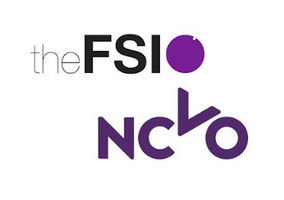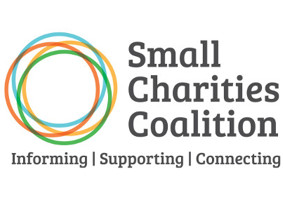Charity infrastructure body NCVO has reported a decline in its overall membership for the first time, while its income increased by more than 30%.
Its annual report for the year to March 2023 shows NCVO ended the year with 17,040 members, 62 fewer than the year before.
While the body welcomed 1,352 new members, 1,417 memberships lapsed, meaning that “for the first time, NCVO membership did not grow”.
However, the organisation reported a 3% increase in paying members compared with the previous financial year and its overall income rose from £5.4m to £7.1m.
NCVO chief executive Sarah Vibert wrote in the accounts: “While 1,352 members joined NCVO this year, our membership data is a stark reflection of the reality in the voluntary sector right now, where organisations are struggling with falling income, increasing costs and rising needs.
“We have seen an uptick in enquiries to our small charities helpdesk about closure and more charities leaving NCVO membership because they are sadly closing.
“The year has been bookended by the closure of two important organisations – the Small Charities Coalition and the Foundation for Social Improvement (FSI).”
Membership decline
Income from membership increased in the year, despite overall membership numbers falling slightly as a result of data cleansing and the closure of a number of smaller organisations.
NCVO has 17,000 members, and in 2022 committed to completing an audit of member records to remove historic member records that were dormant.
The audit took place from January 2023 to June 2023 and data on member number declines included in the 2022-23 annual report reflects those members removed between January and March 2023.
The report shows 91.9% of NCVO members renewed their membership in 2022-23, with two-thirds of all members receiving free membership, based on their income.
In 2022-23, the cost of living crisis “exposed the strain that voluntary organisations were under” according to the report.
Indeed, more memberships than usual lapsed, with mostly smaller organisations closing, and “other memberships lapsed as organisations struggled to budget the cost of running their organisation with depleted resources”.
“Additionally, we had a longstanding theory that since the pandemic began, many of our smallest membership records became dormant. In 2022/23, we prioritised investigating these records and discovered 481 dormant membership accounts. For the first time, NCVO membership did not grow,” it adds.
Priya Singh, chair at NCVO, said: “We started 2022 facing a rapidly evolving cost-of-living crisis, placing substantial demands on the voluntary sector. People and organisations have continued to adapt, step up and innovate to meet new needs.
“We can all take inspiration from the continuing strength, resilience and courage of those working and volunteering in the sector. We are working hard to utilise our connections and reaching out in the best ways, to enable a way forward through the crisis.”
Income rise
Income at NCVO increased from £5.4m to £7.1m in 2022-23.
Its annual report for 2022-23 shows the recovery of some key income streams, but also that membership has been impacted by the cost-of-living crisis.
The main source of income from donations and legacies is £0.7m from the Charities Aid Foundation (CAF), which has reduced from the previous year (2022: £1m).
Income from charitable activities of £3.8m was up from £2.7m the year prior, and continued to increase as income from training and consultancy services and income from grants grew.
Income from trading activities has increased from £1.4m in 2022 to £2.2m in 2023 as the income from conference facilities continued to recover from the impact of pandemic restrictions.
Total expenditure increased to £6.9m from £6.3 m, and the main areas of rising costs related to the increase in services, such as the conferencing suite and consultancy.
Staff and trustees
The ratio of NCVO’s highest salary (£120,000) to its median salary (£40,562) was 3:1.
There was no gender pay gap between men and women on 1 March 2023 on the basis of the median and a 1% difference on the basis of the mean in favour of men.
NCVO’s report shows 31% of employees identified as members of the global majority; a decrease from the previous reporting period.
There was a higher proportion of employees from the global majority in the lower pay grades in the organisation.
Overall, employees who identified from the global majority earned 10% (2022: 14%) less than other employees.
“This report shows that there is still a pay gap disadvantage for our employees that identify as from the global majority,” it reads.
“The trustees and leadership team are committed to addressing these and are developing an anti-racism strategy during the new financial year.”
On 31 March 2023, NCVO’s board of trustees consisted of eight women and four men. Six people identified as white and six were from the global majority.
One trustee identified as disabled, two people identified as LGBTQ+ and four were between 31 and 44 years old, with the remainder of the board being over 45.
Related Articles











